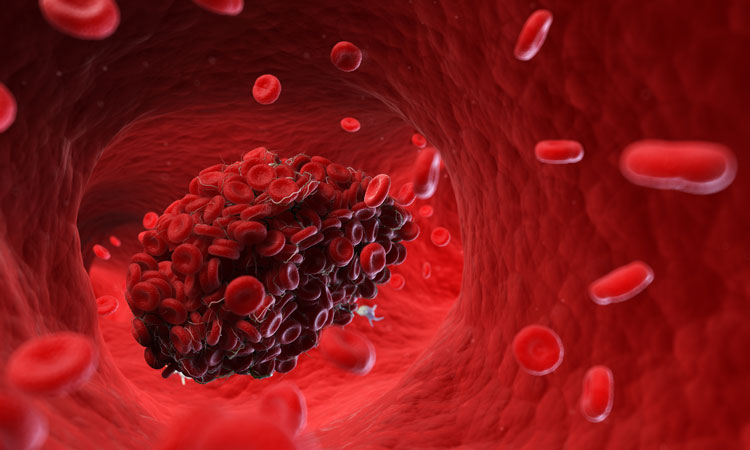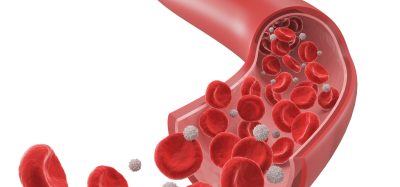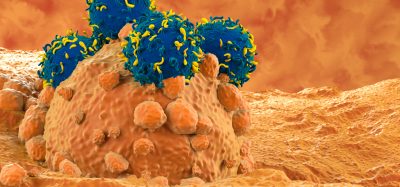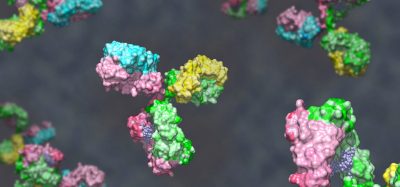New insights into blood clot mechanisms in cancer patients discovered
Posted: 25 November 2019 | Rachael Harper (Drug Target Review) | No comments yet
A new signalling pathway has been identified that may help further the understanding of blood clot formation in cancer patients and presents a new drug target for reducing cancer-associated complications.


A potential new signalling pathway that may help further the understanding of blood clot formation in cancer patients and help prevent this complication from occurring has been identified by researchers from Boston University School of Medicine (BUSM), US.
…the signalling pathway triggered by these metabolites can be potentially inhibited by compounds that can be developed in the future”
The researchers examined the levels of different molecules and break down products (known as metabolites) in the blood as well as within blood clots from experimental tumour models. They discovered increased blood levels of two molecules called kynurenine and indoxyl sulfate, both of which are metabolites of the amino acid, tryptophan, often a dietary component. These high levels of kynurenine and indoxyl sulfate were also associated with increased blood clot size in an experimental model.
The study shows that blood clot size could be reduced by pharmacologically inhibiting the aryl hydrocarbon receptor (AHR) pathway, a known target of indoxyl sulfate and kynurenine, suggesting that this may be a target for future drug development.
Biomarkers are redefining how precision therapies are discovered, validated and delivered.
This exclusive expert-led report reveals how leading teams are using biomarker science to drive faster insights, cleaner data and more targeted treatments – from discovery to diagnostics.
Inside the report:
- How leading organisations are reshaping strategy with biomarker-led approaches
- Better tools for real-time decision-making – turning complex data into faster insights
- Global standardisation and assay sensitivity – what it takes to scale across networks
Discover how biomarker science is addressing the biggest hurdles in drug discovery, translational research and precision medicine – access your free copy today
Kynurenine and indoxyl sulfate might be key culprits in generating clot formation in patients with cancer via AHR signalling, the researchers say, and they may provide exciting new opportunities for treating and preventing these known complications in the future.
“The importance for the patient is two-fold,” explained corresponding author Vipul Chitalia, MD, PhD, associate professor of medicine at BUSM. “First, these metabolites can be measured in the blood of patients with cancer and can potentially guide us in predicting risk of deep vein thrombosis. Also, the signalling pathway triggered by these metabolites can be potentially inhibited by compounds that can be developed in the future as a drug for this complication.”
The study appears online in the journal Blood.
Related topics
Drug Development, Drug Targets, Metabolomics, Oncology, Research & Development, Targets
Related conditions
Cancer, deep vein thrombosis
Related organisations
Boston University School of Medicine (BUSM)
Related people
Vipul Chitalia MD PhD








